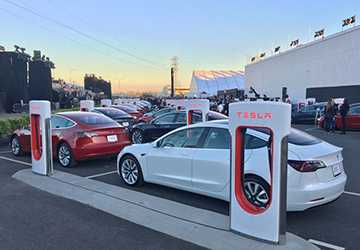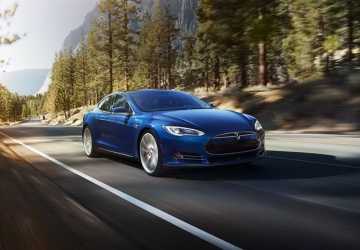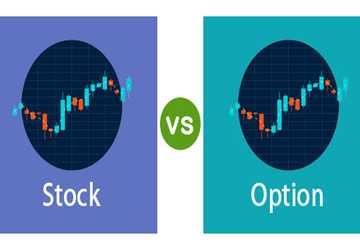What’s so unique about Tesla’s business model?
Author: Mirza Taha Hassan
Firstly, it has to be that the Tesla business model is a direct-to-consumer (D2C) economic model since it sells directly to customers, eliminating intermediaries like showrooms and providing its own network of charging stations.

Simply put, a consumer must go online, select a particular model, add any customizations, pay a deposit, and then arrange for the car to be picked up.
The purchase of an automobile couldn't be much easier than this. You have a car, and there is no trouble or time wasted. Tesla does not use advertising to draw clients; instead, it lets clients come to it.
The cheap ownership costs from a customer's standpoint surpass this.
When comparing the number of parts in a car, Tesla automobiles have only 20 instead of 2000 in internal-combustion engines, with the advantages of not requiring tune-ups, oil changes, or other maintenance.
Tesla is controlled by its customers, and consumer trends are a key development for the company. Consumers may buy electric vehicles more alluring as oil costs increase and battery prices decline.
Demand may increase once there is a strong economic case for buying electric vehicles. The maintenance expenses for electric automobiles compared to internal combustion engine cars and the salability of electric cars will also be variables influencing buyer behavior.
Tesla's sales and service locations, including charging stations, have been merged. They think that establishing a service center in a new location is related to rising consumer demand. Customers may change or service their automobiles at the service facilities or the Service Plus sites.

Secondly, Tesla's business plan includes the intriguing aspects of accepting Bitcoin and other cryptocurrencies as payment. This drew in affluent, Bitcoin-obsessed clientele. The corporation is now susceptible to fluctuations in the bitcoin market, though.
The corporation had greatly benefited since it had made it possible for them to generate profits, just like they did in July 2022 when Tesla posted a $64 million profit from their Bitcoin sales.
However, since its peak, the value of the company's Bitcoin holdings has decreased by $500 million. Tesla only currently takes Dogecoin.
Thirdly, the hardware and software integration capabilities of the manufacturer. The same principles apply here as they do to any tech-related business, such as Apple, Google, or Samsung.
This makes it possible for the corporation to update the software in its automobiles every few weeks. The typical auto business approach, where the product remains the same as long as you drive it, is markedly different from this.
Last but not least, it should be noted that a group of individuals dedicated to the notion that environmental responsibility and performance don't have to be mutually exclusive founded Tesla and runs it today.
Customers are prepared to pay the price even though it isn't low.







